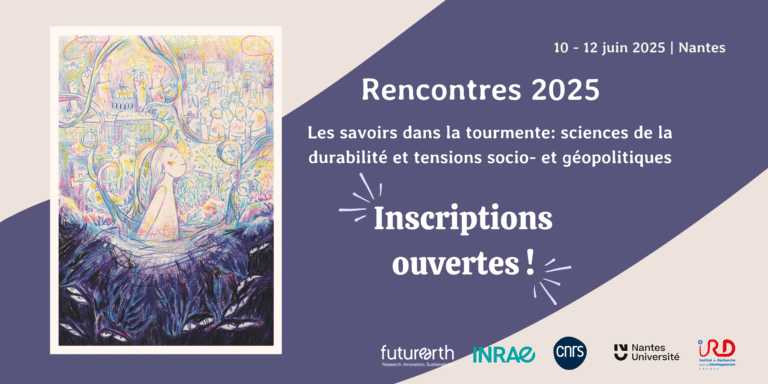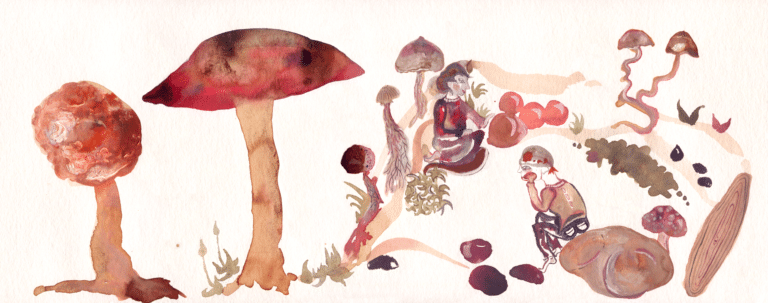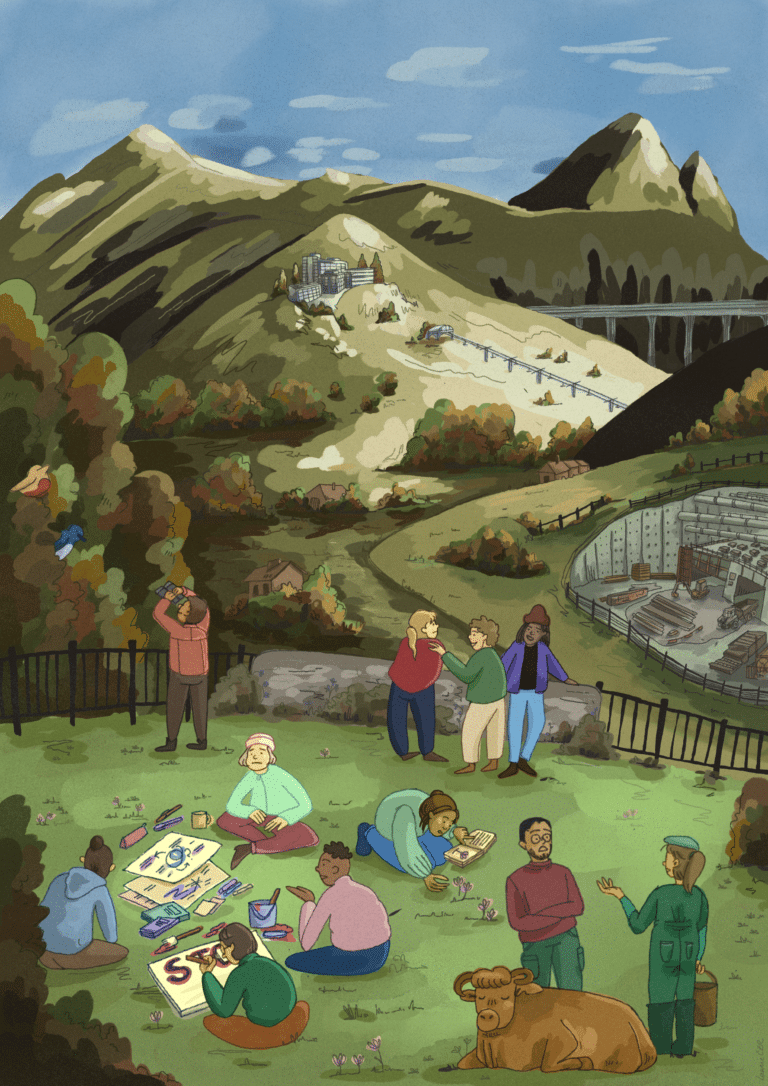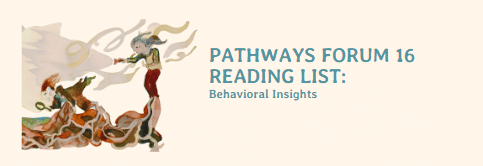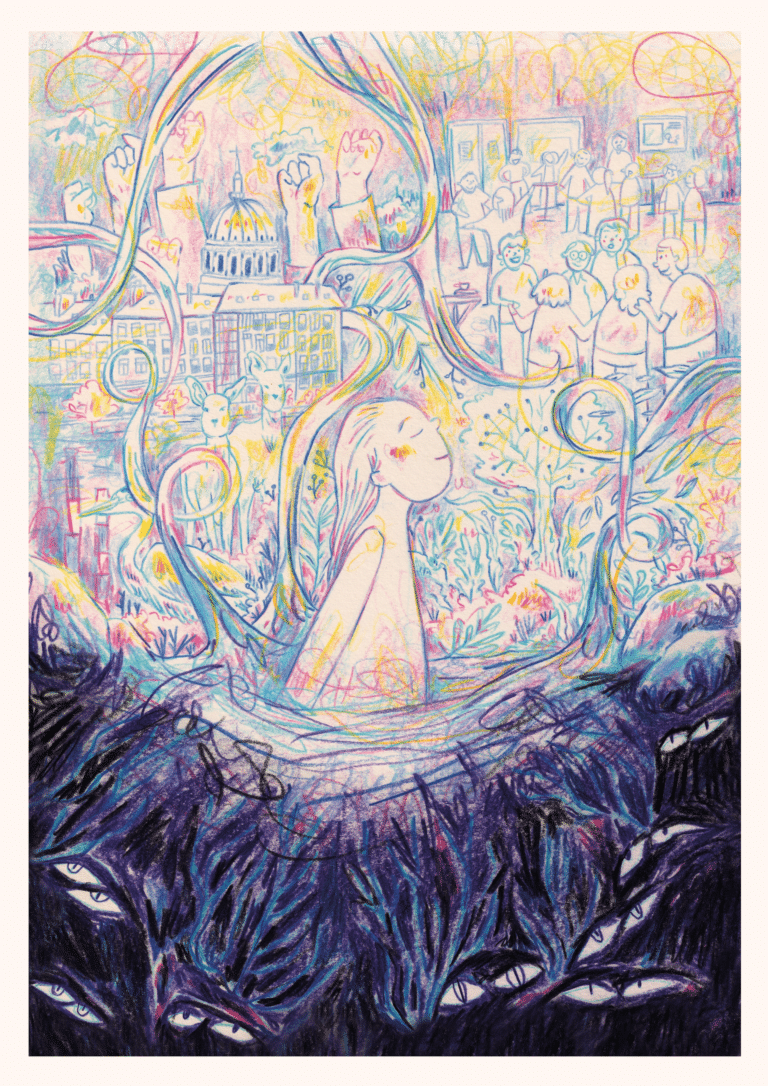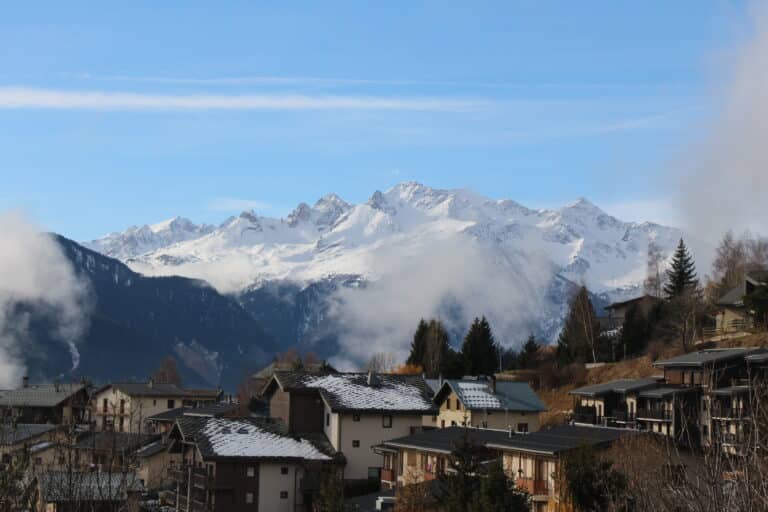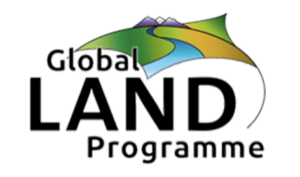About the Grant
Launched in late 2021, the Pathways Initiative Communication Grants promote innovative communication products to disseminate research findings on science-based pathways for sustainability and encourage their wider uptake. Since then, the Pathways Initiative opened 5 rounds of calls and a selection committee comprising of science and communications experts awarded the following successful projects.
Completed Projects
Click on each box to learn more about sponsored projects
Projects In Progress
SHARING MATTERS - Communities to Communities
Led by Emanuele Giorgi, Tecnologico de Monterrey
The project developed a multidisciplinary methodology for managing interventions in vulnerable contexts, leading to the implementation of six technology-based projects that reduced community vulnerability and digital divides, which are now serving as living laboratories for sustainability. It will share these experiences through a video-podcast series to benefit the communities involved and inspire others.
Vertical Greening for Sustainability Within Slums in African Cities
Led by Olumuyiwa Adegun, Federal University of Technology
The research project on vertical gardens designed, developed, and assessed in low-income urban neighborhoods of Lagos and Dar es Salaam will be expanded into documentary films incorporating community voices and local languages to showcase the sustainability initiatives, possibilities, and challenges of vertical greening. It will promote an effective do-it-yourself attitude on greening by socio-economically weak residents and fuel new narratives of positive change.
Visualising the foodscape
Led by Michaela Guo Ying Lo, University of Kent
Pathways of Ecocentric Learning. A play to grow children's relationship with nature
Led by Matteo Giusti, University of Surrey.
Urban Circular Communities. An Interactive ToolKit and Pattern Language for Collective Action
Led by Tamara Egger, Delft University of Technology.
Urban Circular Communities is a digital, interactive toolkit designed to inspire circular communities – and those in becoming – in their collective circular actions.
It’s for citizens, activists, spatial professionals, and public servants who want to live and work with care for people, the environment, and materials – avoiding waste and extraction. Based on the PhD action research Circular Commons (see here more) at TU Delft, the toolkit features: a global case study catalog, a pattern language of practical strategies, and a short film.
It fosters community-to-community knowledge exchange – sharing what works, what challenges arise, and how to act. Explore, connect, and spark circular collective change in your city!
Photo taken by Tamara Egger.
WAHA
Led by Fatma Zahra Rostom, CIRAD UMR ART-Dev
Associated project: RAḤABA (MSH Sud)
The region of Gabès includes the largest group of coastal oases in the Mediterranean, forming biodiverse socio-ecosystems. This landscape, key in the inhabitants’ ability to adapt to climate change, is at threat as agricultural activities compete with urbanization and polluting industries. Farmers maintain the oasis by sustaining and developing remarkably rich knowledge, in particular in the village of Chenini.
The WAḤA project aims to communicate part of this knowledge to the Tunisian public, especially to the young. The illustrated book will present images and diagrams of the oasis environment captured by drawings and explanations in Tunisian Arabic. Practical exercises will be added to offer a fun guide to experience farming. With this book, the young (and older!) public would (re)discover the words and underlying practices of the oasis, raising awareness on the wealth and risks of this socio-ecosystem and giving precious reference on how to practice by themselves.
Illustration by Asma Bennani (Oasis Days artist residency 2024)
